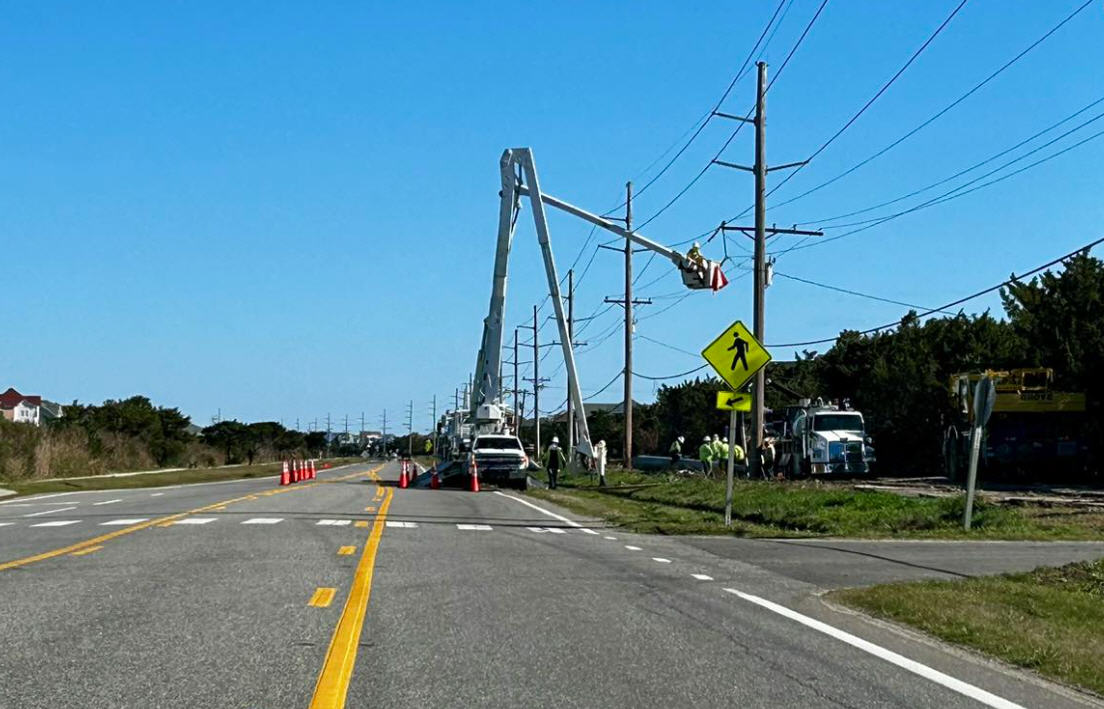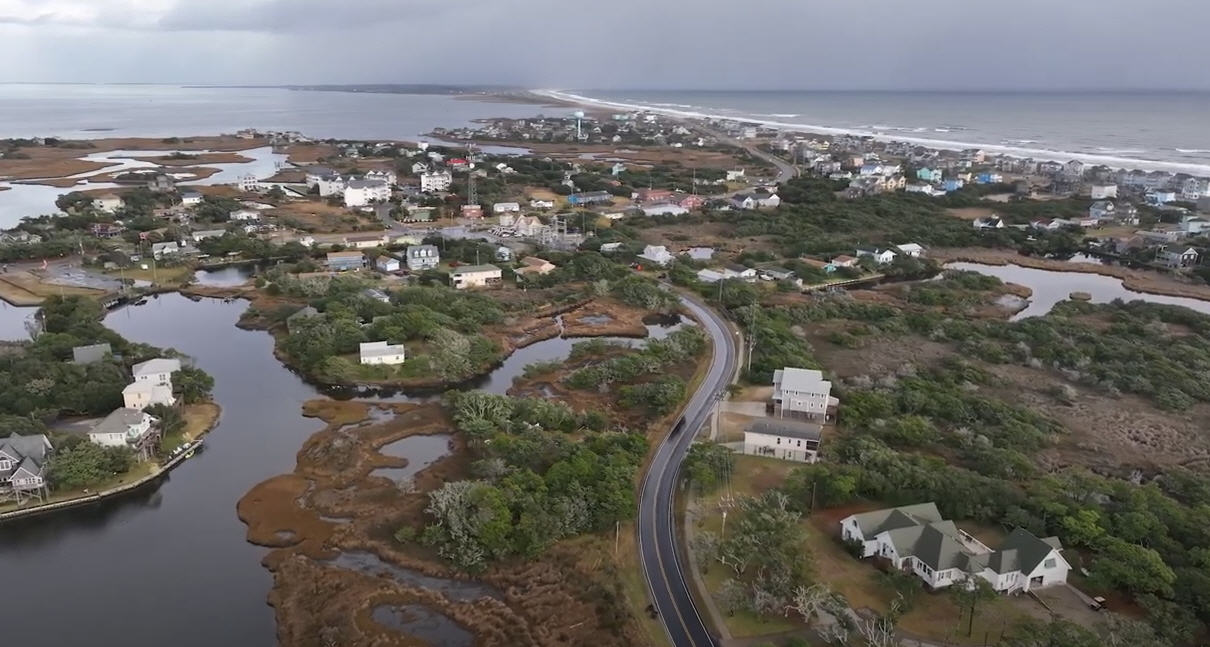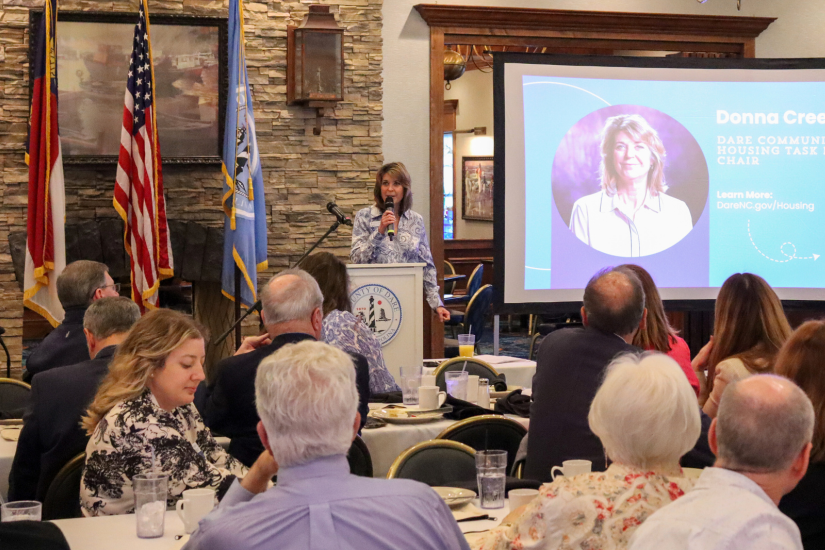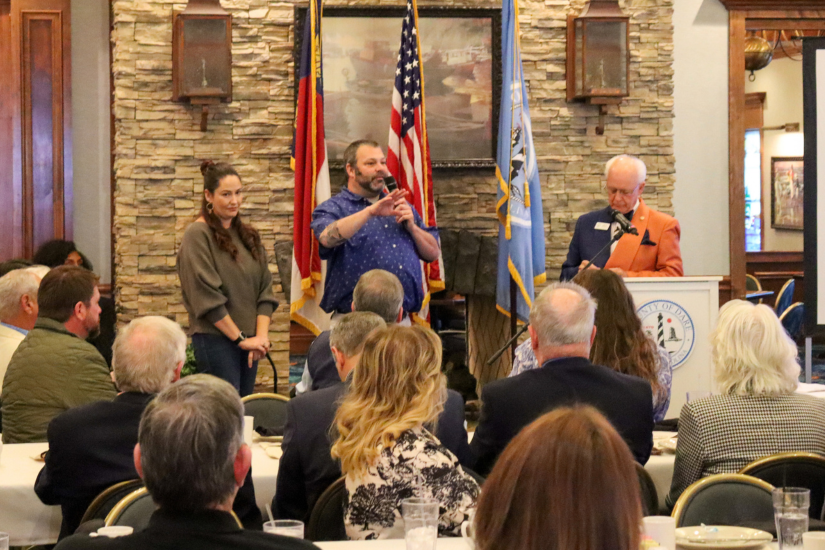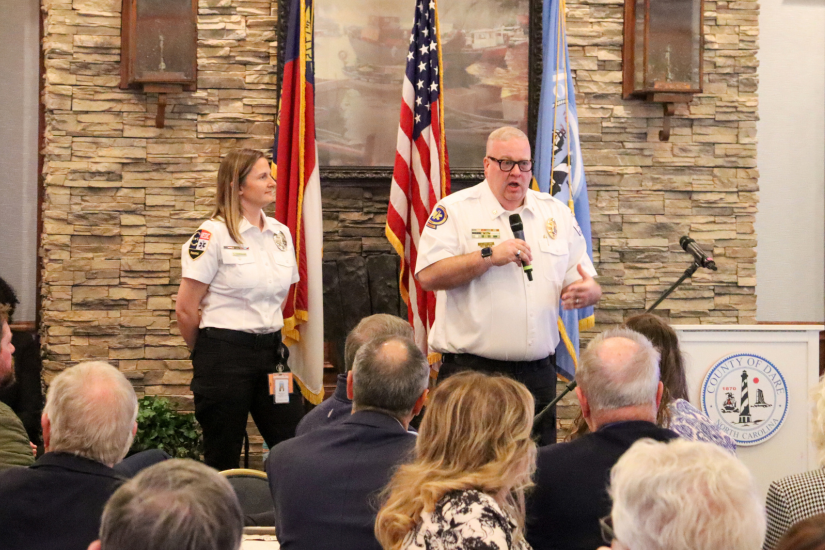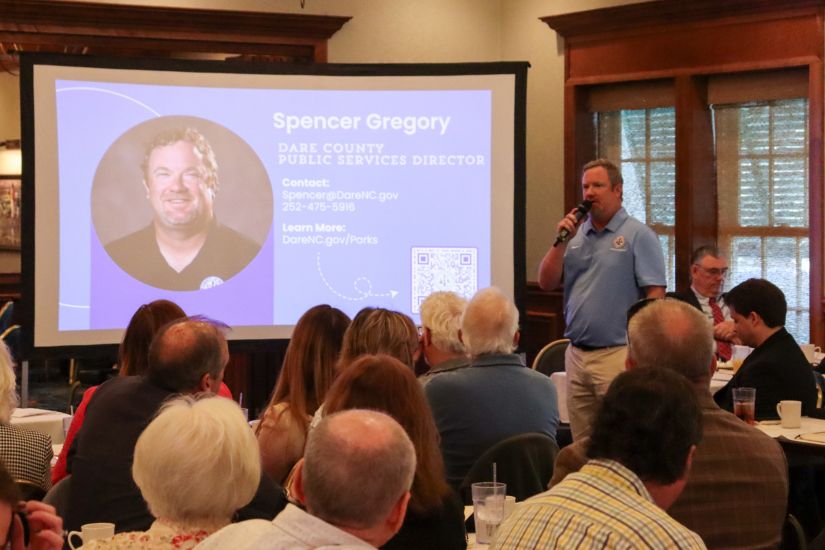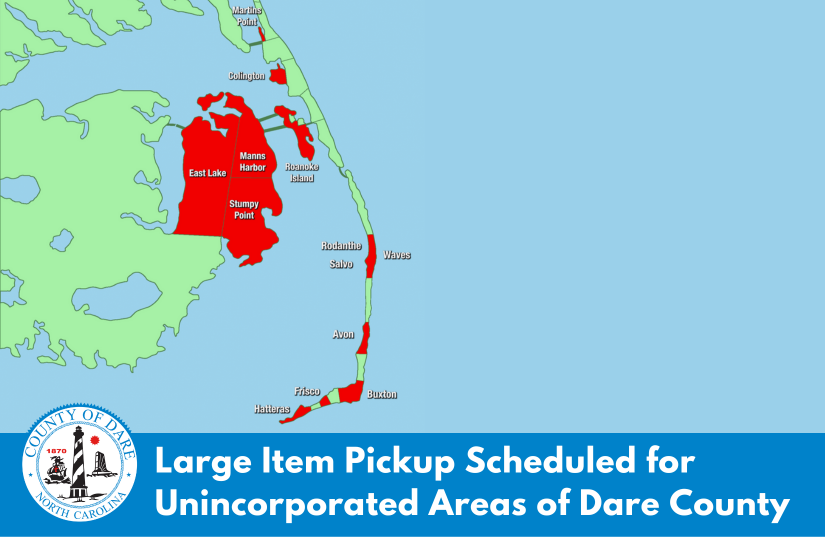Can Dare County Finally Conquer Shoaling?
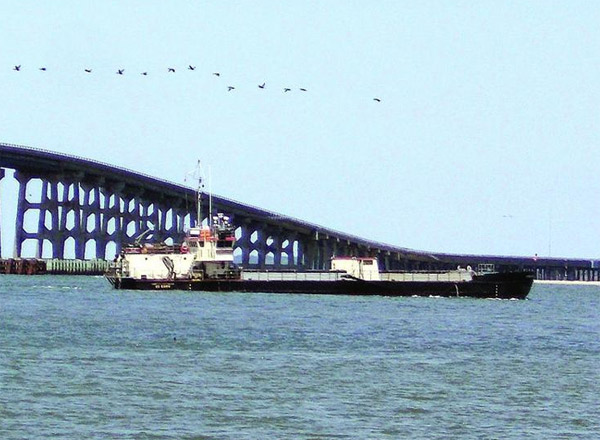
Board approves groundbreaking dredge contract
After a long history of false starts and dashed hopes in the quest to ensure the navigability of Dare County’s Oregon and Hatteras Inlets, real progress seems at hand. On May 20, the Dare Commissioners unanimously approved a contract for the design, construction and operation of a dredge tasked with clearing and maintaining those inlets and other shallow draft inlets in the state under the direction of the Oregon Inlet Task Force.
Introduced at the May 20 meeting by County Manager Bobby Outten as “the long-awaited dredge contract,” the agreement calls for the county to advance Greenville-based EJE Dredging Service $15 million in order to build the dredge.
Once the dredge is built, EJE is to own and operate the dredge at least 12 hours per day, 340 days a year, subject to weather conditions, for a period of 10 years. Dare County will be the homeport of the dredge, with EJE maintaining a standing agreement with the N.C. Ferry Division to use its dry dock in Manns Harbor for maintenance and repair.
Because EJE will be charging Dare County a discounted rate, Outten explained to the Sentinel, the county hopes to recoup that $15 million in savings over the life of the contract, at which point the loan effectively becomes a grant approved by the state.
“If we can do the dredging for a million and a half dollars a year, if you will, less than what the Corps would have charged us to do the same thing, then the state will forgive the loan,” Outten told the Sentinel.
Formed during a hurricane in 1846, Oregon inlet has experienced repeated shoaling and massive shifting of sands caused by numerous storms over the years. For years, attempts to combat the problem focused on the construction of jetties. But those efforts fell short.
Wanchese resident Harry Schiffman, who serves as vice chairman of the Oregon Inlet Task Force Advisory Committee, believes that the only truly effective long-term solution is the construction of jetties at both ends of Oregon Inlet and a sand-bypass system. “But we tried that for thirty five years,” he told the Sentinel. “They kept telling us to dredge the inlet.”
Acting on that, steps were taken to secure regular dredging by the Army Corps to “proactively” open the inlet and keep it open. Made aware of Oregon Inlet’s ongoing crisis, State Senators Bill Cook, Harry Brown and Michael Lee sponsored a bill to create the Shallow Draft Navigation Channel Dredging and Lake Maintenance Fund. Passed in May 2015, the new law reserved $4 million for dredging Oregon Inlet, to be matched by non-state dollars.
Dare County then contracted with the Army Corps of Engineers to aggressively and “proactively” dredge Oregon Inlet. But as the Corps dredging time was steadily reduced over the next few years, Schiffman recounts that, “We began to say, ‘We’ve got to do something for ourselves and stop relying on the Corps.'”
The breakthrough, he adds, came last May when the state legislature passed a budget that included an appropriation of $23.2 million to the Shallow Draft Navigation Channel Dredging Fund, with $15 million earmarked as a “forgivable loan [the equivalent of a grant] to a private partner for the purchase of a shallow draft hopper dredge to be used under the direction of the Oregon Inlet Task Force.”
The county has been working since then to finalize the details of the contract just concluded with EJE. Under the terms of the agreement, EJE is to select a naval architect and construction project manager and develop plans and specifications, issue an RFQ, select a builder and negotiate a construction contract, all subject to final approval by the Task Force.
Outten added that there is currently no time frame for completing the dredge’s construction and beginning of its operations. That will be among the details in EJE’s contract with the builder.




